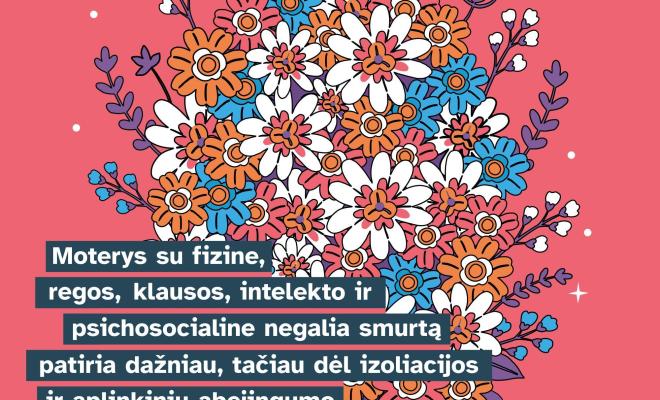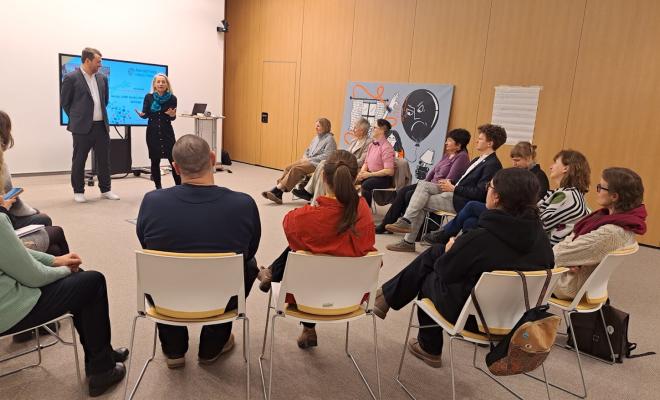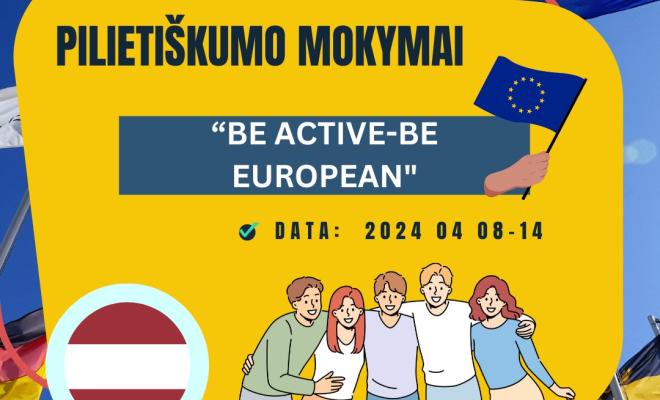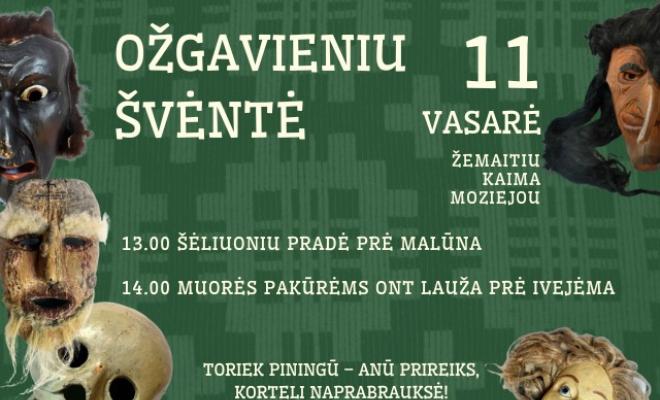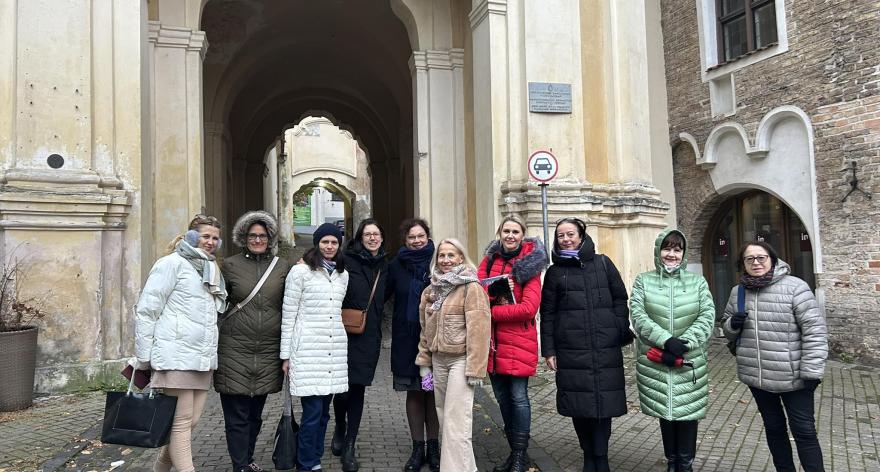
Excursion in “VILNIUS OLD TOWN” - to raise awareness on Intercultural Dialogue endeavors of the Lithuanian national network
On the 7th of November, Vilnius
Dedicated to Mediterranean Day.
During 700 years Vilnius was created, built and nurtured by the peoples, religions and cultures that found a home here. Signs of their activity and life, tensions and agreements, are reflected in the architecture of the sanctuaries, where identity and cult interact.
Although we tend to imagine sanctuaries as a place of peace and prayer, where everything stands and does not move for ages, the old sanctuaries are witnesses of conflicts and tensions, and the signs of history are very clearly visible here.
During the excursion, we learned how the Greek Rite Catholic confession was formed historically. We visited Vilnius Unitarian Basilian Church, which is currently the only Greek rite Catholic church where regular prayers are held in Ukrainian. It is an important spiritual center for people who have fled Ukraine. Orthodox believers who want to hear the native Ukrainian language also pray here. The Church still bears witness to the values of openness, unity and acceptance of all, even though there have been attempts to suppress them.
Visiting St. Teresė Church and the Chapel of the Gate of Dawn pointed to the common historical memory, culture and common struggle of Lithuania-Poland from the oppression of imperial Russia in the 19th century. However, during the creation of two new states after World War I, the conflict developed in the 20th century. left many wounds in our common history that are still difficult to open. There are still many questions about how to share the common heritage. Was the poet Adomas Mickevičius Lithuanian or Polish? It is still an open question.
The tour sparked a lot of thought and discussion:
How communities living in one city were able to unite over the ages through common values.
What is our inherited genetic code? Our ancestors were able to accept everyone with a different language, prayer, customs, and what are we and what do we want to become?

